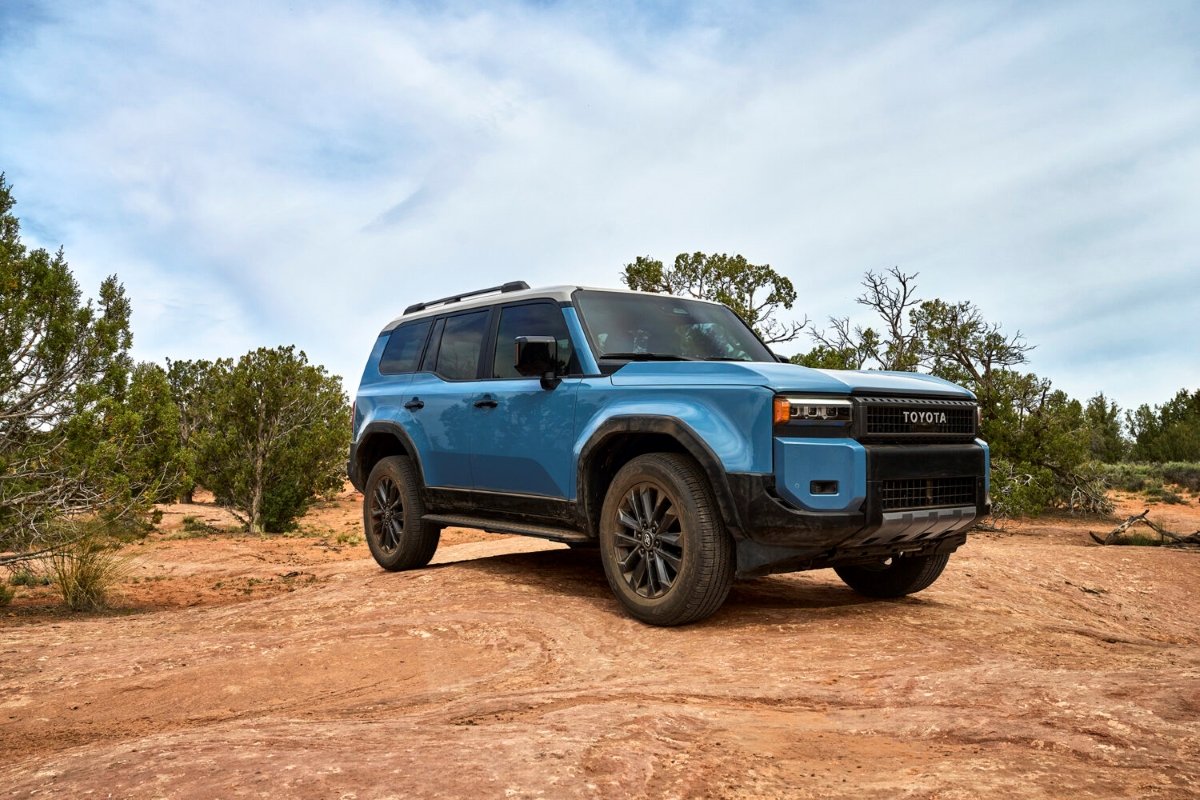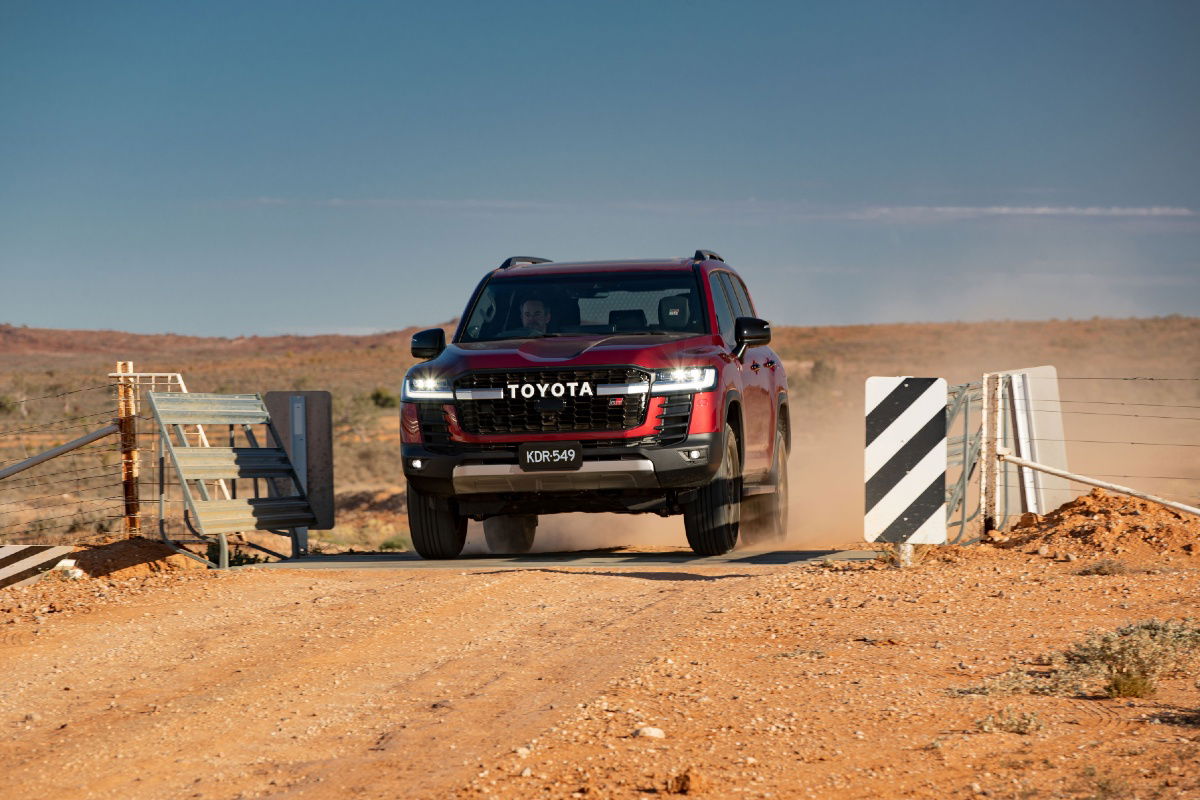
“Write this down, Toyota agrees BEVs have a role.”
So says Toyota Australia boss, Sean Hanley, before adding that he believes petrol, diesel and hydrogen powered models will coexist alongside BEVs (battery electric vehicles). His comments come amid criticism towards the brand for its slow adoption of BEVs, with the first all-electric model not arriving until later this month (February).
But Hanley is adamant that the “silent majority” don’t believe BEVs are ready for mainstream sale as they can’t fulfill the needs of the brand’s buyers. This is borne out in the 2023 sales figures, with Australians buying 87,217 BEVs (across all brands) while Toyota sold 215,240 vehicles – without a single BEV.
READ MORE: Are you ready for an electric Toyota LandCruiser?
That doesn’t mean the brand is ignoring BEVs and as Hanley’s opening statement makes clear, the company does believe they have a role to play. Instead, he believes that BEVs are part of a so-called “multi-pathway” strategy that will incorporate the various technologies – petrol, diesel, hydrogen and BEV – in the coming years and decades to meet all consumer needs.
Hanley is adamant that despite increasing pressure on emissions standards and growing EV sales Toyota won’t abandon the majority of its customers who are still buying internal combustion engine vehicles and hybrid options. But, at the same time, he acknowledges that there is room for EV options and Toyota has the flexibility to cater for that, such as adding a production version of the LandCrusier Se alongside the 300 Series and 70 Series versions.

“Why not? Because it does what that customer wants it to do for that city run,” he said. “But, on the other hand, for that customer who wants to drive 800km, off-road or beach or whatever, it might be this car [70 Series]. That’s a multi-pathway strategy. That’s the complexity we’re dealing with in this changing landscape.
READ MORE: 2024 Toyota Prado – what you need to know
“It’s far too simplistic to sit back and say ‘BEVs, that’s the solution.’ It’s far too simplistic. Not to say they don’t have a role, they do have a role. Are we anti-BEV? No. Are we anti-fuel emissions standards? No. None of the above, but BEVs aren’t the only solution, that’s all we’re suggesting. And more and more people in the real world and more and more people are starting to understand that it’s not that easy to electrify a commercial vehicle and have it do things customers want it to do.”












Discussion about this post